NSW K – 10 Science Syllabus mapping for all our incursions
NSW Science Syllabus Content: A student:
ST2-6MW-S
describes how adding or removing heat causes a change of state
ST2-8PW-ST
describes the characteristics and effects of common forms of energy, such as light and heat
ST2-9PW-ST
describes how contact and non-contact forces affect an object’s motion
ST3-6MW-S
explains the effect of heat on the properties and behaviour of materials
ST3-8PW-ST
explains how energy is transformed from one form to another
ST3-9PW-ST
investigates the effects of increasing or decreasing the strength of a specific contact or non-contact force
Science and Technology K–6 Syllabus(Implementation from 2027)
For explanatory points & implementation advice for each dot point, please visit the NESA Science and Technology K–6 Curriculum site
STE-SCI-01
identifies and describes characteristics of living things, properties of materials, and movement
STE-PQU-01
poses questions based on observations to collect data
ST1-SCI-01
measures and describes changes in living things, materials, movement, Earth and the sky
ST1-PQU-01
poses questions based on observations and information to investigate cause and effect
ST2-SCI-01
uses information to investigate the solar system and the effects of energy on living, physical and geological systems
ST2-PQU-01
poses questions to create fair tests that investigate the effects of energy on living things and physical systems
ST3-PQU-01
poses questions to identify variables and conducts fair tests to gather data
NSW K – 10 Science Syllabus mapping for all our incursions
Print a PDF which details K to 6 mapping of all our NSW science visits
Victorian F – 10 Science Curriculum
A change of state between solid and liquid can be caused by adding or removing heat (VCSSU059)
Natural and processed materials have a range of physical properties; these properties can influence their use (VCSSU060)
Heat can be produced in many ways and can move from one object to another; a change in the temperature of an object is related to the gain or loss of heat by the object (VCSSU063)
Forces can be exerted by one object on another through direct contact or from a distance (VCSSU064)
Solids, liquids and gases behave in different ways and have observable properties that help to classify them (VCSSU076)
Changes to materials can be reversible, including melting, freezing, evaporating, or irreversible, including burning and rusting (VCSSU077)
Print a PDF which details P to 6 mapping of all our VIC science visits
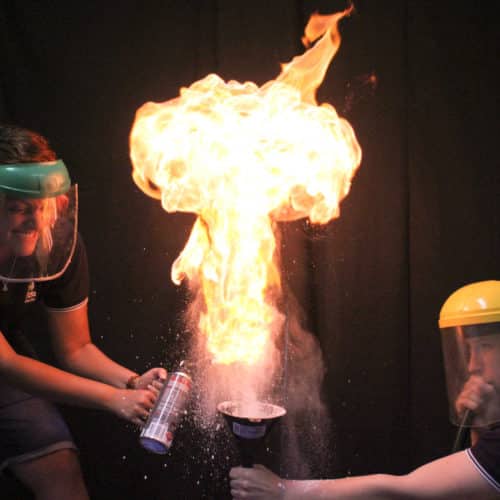
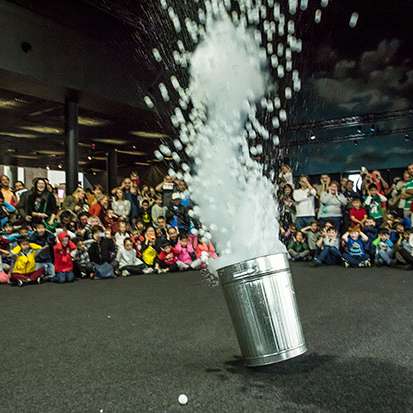
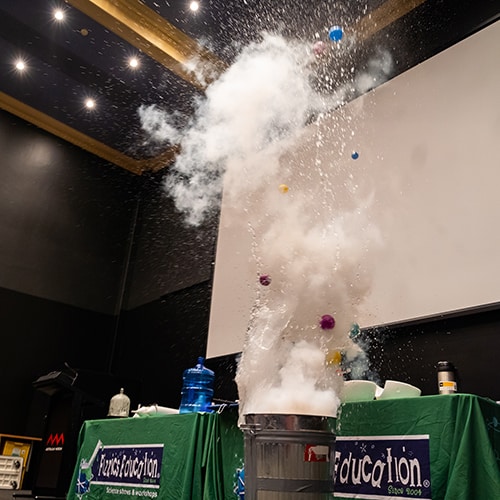
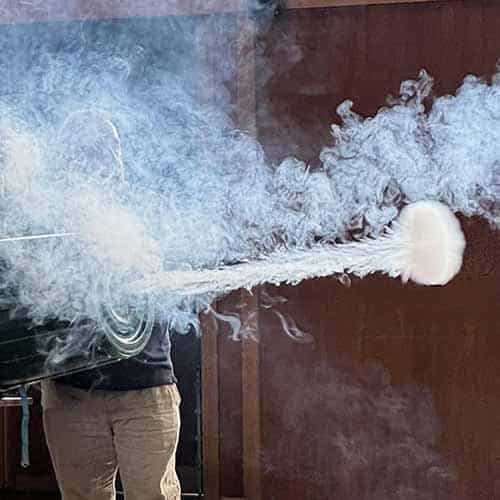
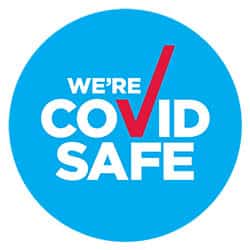














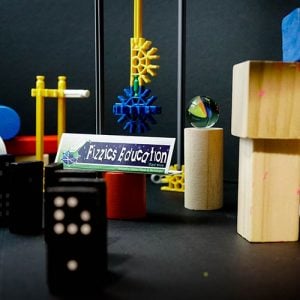
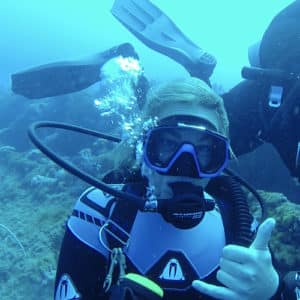




I just wanted to pass on how much the staff and students really enjoyed it and how perfect it was to launch our science week activities. The students were enthralled, educated and entertained – a perfect trifecta!
-Caulfield Grammar School – Big Science Big FunThanks so much for presenting at our school on Monday. Our students enjoyed the show.
-Greenvale Primary School – Big Science Big FunFizzics Education curated a thoughtful and hands-on experience for the children, incorporating practical, skill-based learning activities and followed by a science presentation at the end of the event involving liquid nitrogen. This was delivered safely and effectively, capturing both the children and the parents for the duration of the presentation.
-Macquarie Bank – Family Fun DayFizzics Education ran a show today at our school and it was wonderful. He was a great facilitator and the show was age appropriate and well done.
-Mount Zion Early learning centre – Little Science Big FunI just wanted to pass on how much the staff and students really enjoyed it and how perfect it was to launch our science week activities. The students were enthralled, educated and entertained – a perfect trifecta!
-Caulfield Grammar School – Big Science Big FunThanks so much for presenting at our school on Monday. Our students enjoyed the show.
-Greenvale Primary School – Big Science Big FunFizzics Education curated a thoughtful and hands-on experience for the children, incorporating practical, skill-based learning activities and followed by a science presentation at the end of the event involving liquid nitrogen. This was delivered safely and effectively, capturing both the children and the parents for the duration of the presentation.
-Macquarie Bank – Family Fun DayFizzics Education ran a show today at our school and it was wonderful. He was a great facilitator and the show was age appropriate and well done.
-Mount Zion Early learning centre – Little Science Big Fun